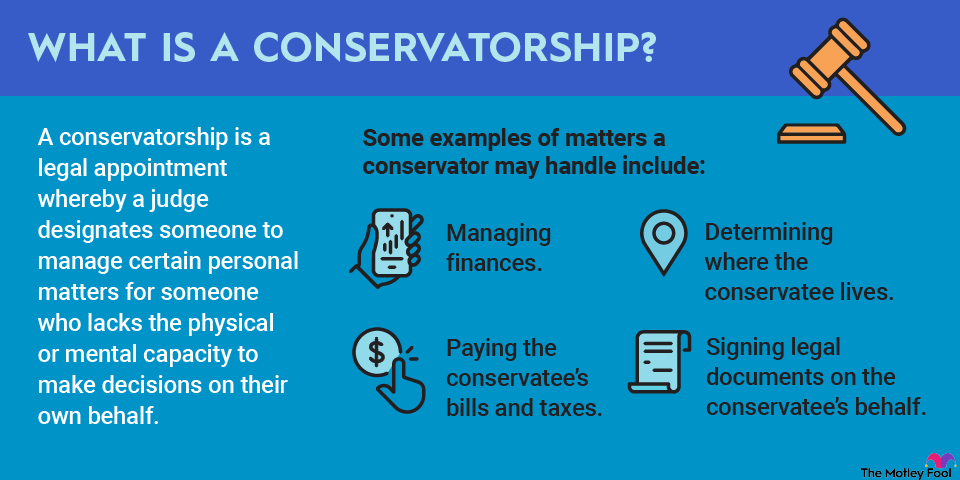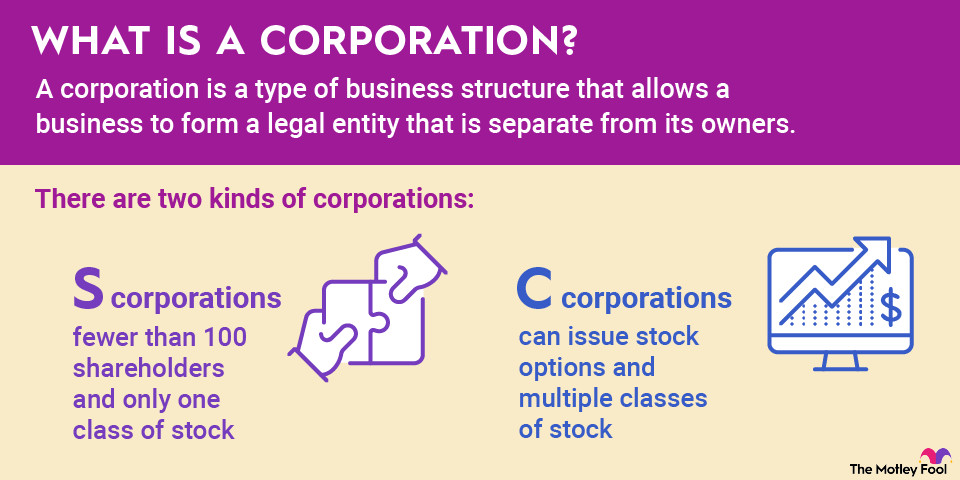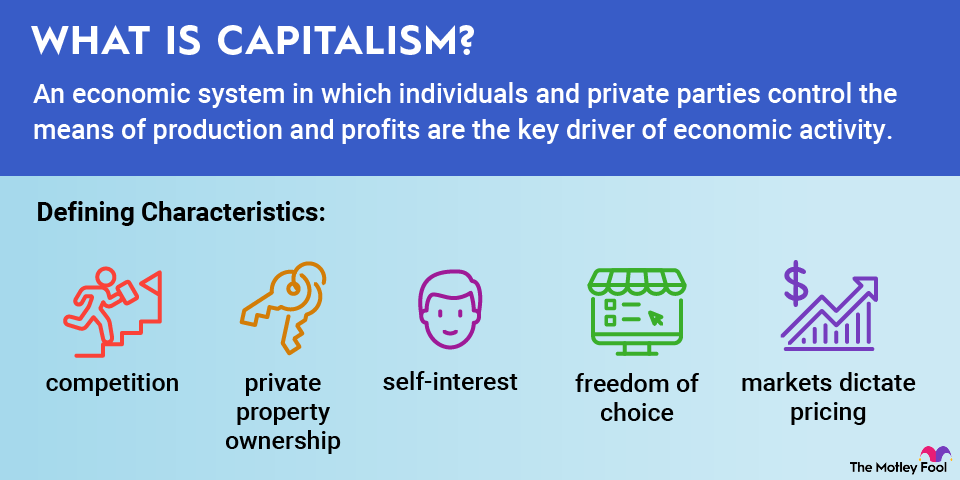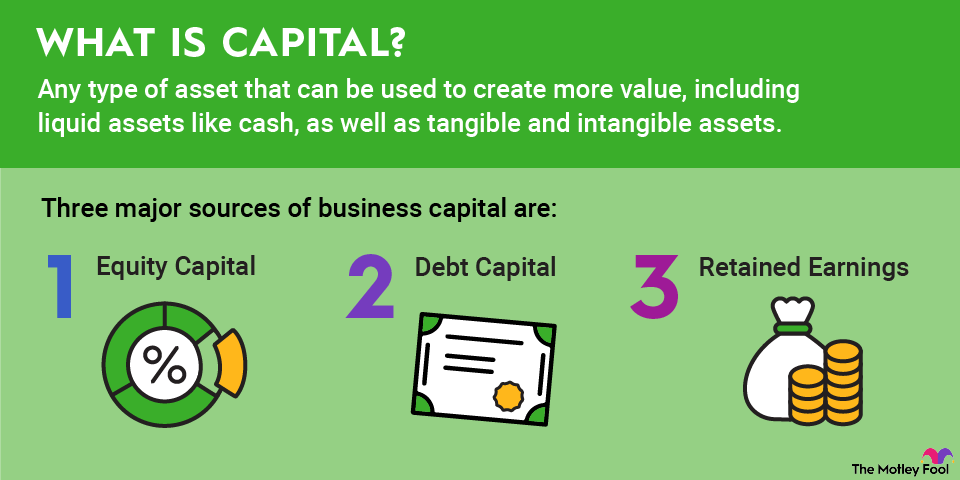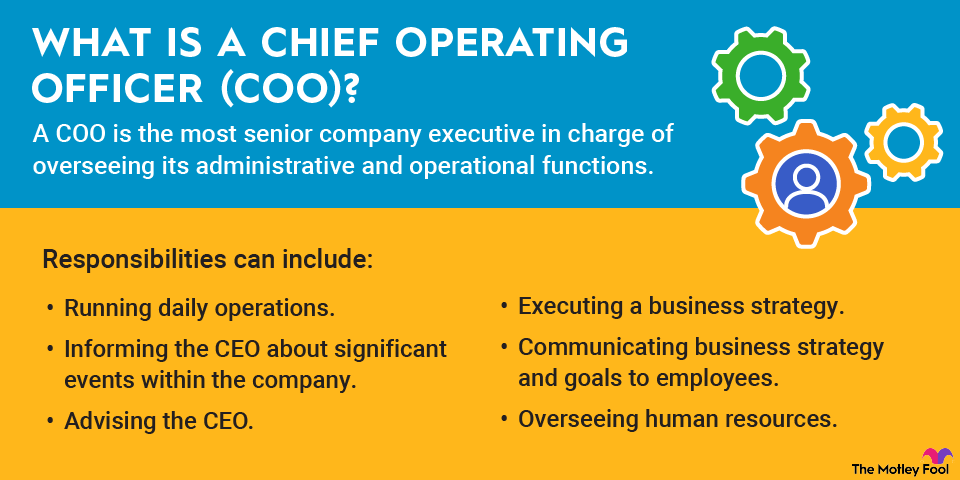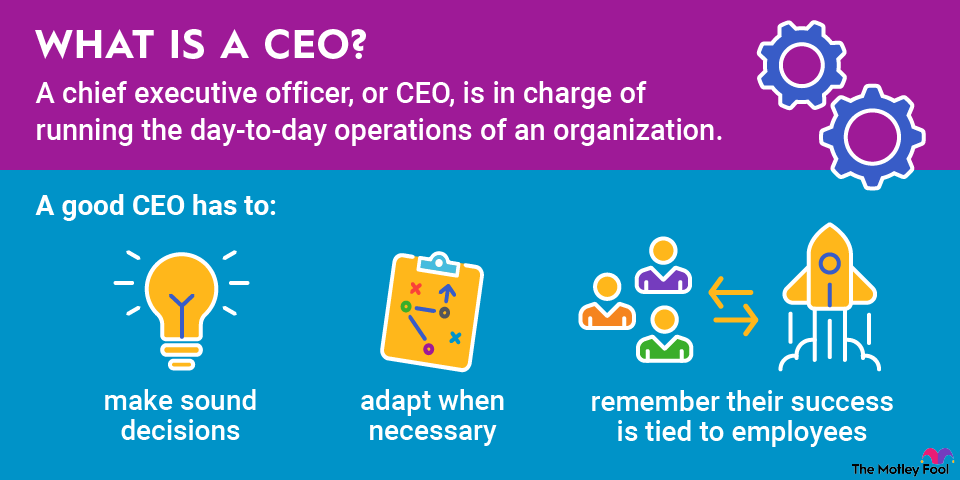Many companies have appointed a C-suite executive to keep their technology relevant, effective, and up to date. This person is known as a chief technology officer (CTO) and is responsible for overseeing a company's technology strategy and assets, ensuring they're a good fit with the company's operating needs and business goals.
But what exactly does a CTO do, and why should investors care? Let's have a look.

What does a CTO do?
In short, a CTO is the organization's go-to tech guru.
They manage the company's technology ecosystem, hunt down opportunities for fresh innovation, and stay up to date with the latest technological advancements. But the title is a highly fluid one, and the exact responsibilities can vary greatly from one organization to the next.
For example, some CTOs focus mainly on how the company makes use of technology to run its business operations. Others are deeply involved with the development of technology-based products and services. In most cases, the CTO pays attention to both operating efficiency and next-generation products, taking an active part in any technology-related decisions on either side of the fence.
Regardless of their specific duties, the CTO can make a difference in any organization. Investors should always be on the lookout for red flags or success stories in this essential office.
Why is the CTO role important?
As technology continues to permeate every aspect of modern business, the CTO is only growing more important. They can bridge the gap between business goals and technology implementation, allowing companies to thrive in the digital age.
It's also a highly strategic role. Good CTOs can pinpoint emerging trends and potential disruptions long before they become obvious to other executives, ensuring that an organization remain adaptable.
Additionally, the CTO is responsible for fostering a culture of innovation, developing talented tech teams, and ensuring ethical and inclusive practices are in place. Their influence spans product development, business IT, and governance, making them an integral part of any organization's leadership.
Investing with CTOs in mind
Now that we've explored the role of a CTO and the importance of this essential role, it's time to think about how this knowledge can help you make more informed investment decisions. You should know that a great CTO can be valuable to a company and its shareholders. On the flip side, a less impressive CTO can become a serious liability.
First, when researching potential investments, consider the importance of a CTO within the company's industry. In technology-driven sectors, a strong CTO is mandatory for staying competitive and driving innovation. A tech company with a reputable CTO is likely better positioned for growth and long-term success.
Next, review the CTO's role and responsibilities within a company. Are they leading the charge in product development, staying ahead of industry trends, driving digital transformation? Or do they play a more limited role, perhaps held back by decades of outdated tradition? That's never a good sign.
By understanding the specific tasks a CTO is tackling, you can better gauge how they contribute to a company's overall performance.
Lastly, keep an eye on the company's overall culture of embracing technology and innovation. A CTO's impact can be significantly enhanced if they are working in a collaborative, forward-thinking environment. Companies that successfully foster a culture of innovation may be more agile and better prepared to adapt to changes in the marketplace. And of course, you always want to see the CTO getting along with other top-level leaders, from the CEO and COO to the board of directors.
All in all, the CTO can be a game changer, and investors should pay close attention to the leadership quality found in this crucial executive office. You’ll learn to identify more promising investment opportunities and build a stronger, more forward-looking portfolio.
Yes, the CTO title really can be that important.
Straubel's visionary leadership and willingness to take calculated risks made him a valuable asset to Tesla. The company would probably not have built its world-class lithium-ion battery plants -- the Gigafactories -- without Straubel's passion for clean energy. JB Straubel took Tesla from a tiny startup with big ideas to one of the world's most valuable automobile manufacturers. It's pretty much impossible to overstate his influence on Tesla's game-changing growth story.
JB Straubel's accomplishments at Tesla showcase how a skilled and visionary leader can drive innovation, nurture talent, and contribute to a company's overall success in a rapidly evolving industry. It's not enough to say that Tesla wouldn't have been the same without Straubel -- the company would not exist without his clean energy passion and expertise.
That's the power of a brilliant and deeply engaged chief technical officer.
